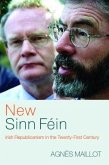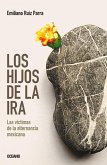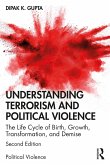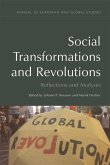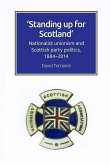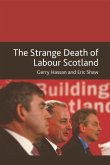'The long march through the institutions' was once a revolutionary strategy. Yet Matthew Whiting shows that in Ireland such an approach has moved Sinn Féin from revolution to moderation. He explains why, in what is an original and comparative book on the changing relationship between democracy and republicanism in Ireland.' Bill Kissane, London School of Economics An in-depth assessment of Irish republicanism's strategic process of moderation When Sinn Féin and the IRA emerged in Northern Ireland in 1969 their goal was to use a combination of revolutionary politics and violence to overthrow British rule. Today, the IRA is in a state of 'retirement', violence is a tactic of the past, and Sinn Féin are co-rulers of Northern Ireland and an ever growing player in the politics of the Republic of Ireland. This is one of the most startling transformations of a radical violent movement into a peaceful political one in recent times. Yet doubts still linger around the sincerity of such a dramatic transformation. So what exactly has changed within Irish republicanism, what remains the same, and, crucially, what caused these changes? Where existing studies explain the decision to end violence as the product of stalemate or strategic interplay with the British state, this book draws on a wealth of archival material and interviews to argue that moderation was a long-term process of increasing inclusion and contact with political institutions, which gradually extracted moderate concessions from republicanism. Crucially, these concessions did not necessitate republicans forsaking their long-term ethno-national goals. The book also considers the wider implications of Irish republicanism's moderation for other cases of separatist conflict, and has significance for the future study of state responses to violent separatism and of comparative peace processes. Matthew Whiting is a lecturer in comparative politics at the University of Birmingham. His research examines the radicalism and moderation of non-state armed groups. Cover image: Boy in Derry, Northern Ireland, 1974 (c) Henning Langenheim/akg-images Cover design: [EUP logo] edinburghuniversitypress.com ISBN 978-1-4744-2054-9 Barcode
Bitte wählen Sie Ihr Anliegen aus.
Rechnungen
Retourenschein anfordern
Bestellstatus
Storno


